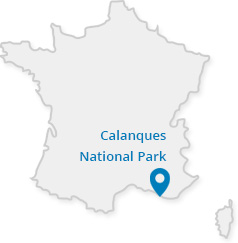Restore and strengthen biodiversity
Covering less than 2% of the world's surface, the Mediterranean rim is home to 10% of the world's known plant species. This incredible wealth makes it one of the 34 biodiversity hotspots on the planet. In order to preserve this heritage, the LIFE Habitats Calanques project is based on four main focuses, involving inhabitants, organisations, scientists, managers and local authorities:
Developing trails to avoid soil erosion and vegetation being trampled
One of the major causes of degradation of coastal flora is the movement of visitors through the natural environment. Indeed, coastal habitats on gentle slopes naturally represent a low physical constraint for visitor flows. Coastal walkers, often in search of isolation, access to the sea or a viewpoint, criss-cross these areas without following a specific path. Each person traces his or her own path, thus creating a network of paths that cross each other, resulting in real fragmentation of the coastal environments. Mediterranean vegetation, because of its slow growth, is very affected by trampling.
To avoid this damage, improvements are being made to make the paths more accessible and easier to find, thus encouraging visitors to use them.
Through planting, strengthen the populations of astragale de Marseille (Astraglus tragacantha) and Plantago subulata.
The populations of these two species of protected plants, which are endemic to the Mediterranean coast, are in decline, respectively on the mainland and on the Frioul archipelago. In order to counter this phenomenon, planting campaigns are being conducted using plants grown in garden centres in the City of Marseille. These large-scale, unprecedented reinforcement campaigns are being conducted under the supervision of Aix-Marseille University and the Conservatoire Botanique National Méditerranéen.
Limiting the spread of invasive alien plants
Alien plants are, as their name indicates, plants imported on purpose or by accident, by humans from other biogeographic areas. They are considered to be invasive when they find conditions conducive to their development in this new area and that they do develop to the detriment of the local flora, weakening their ecosystems.
Invasive alien plants mainly come from private gardens from which they spread. Awareness-raising campaigns are carried out to inform local inhabitants and garden centres. In places where the development of these species endangers environments of interest and rare and endangered species, uprooting campaigns are carried out.
Raise awareness and share knowledge locally, in France and in Europe
Knowledge is an essential link in the chain of presenting environments. LIFE Habitats Calanques therefore carries out awareness-raising and information campaigns for the public and local authorities, both at local and national level.
At European level, the sharing of knowledge between managers and scientists is essential to advance the protection of natural areas and their heritage. LIFE Habitats Calanques was therefore built on feedback from other territories. It shares its results, successes and difficulties in return.
Aiming to protect this treasure of biodiversity whose value is internationally recognised, the project benefits from the financial support of the European Commission, DREAL PACA and the Provence-Alpes-Côte d’Azur south of France region.




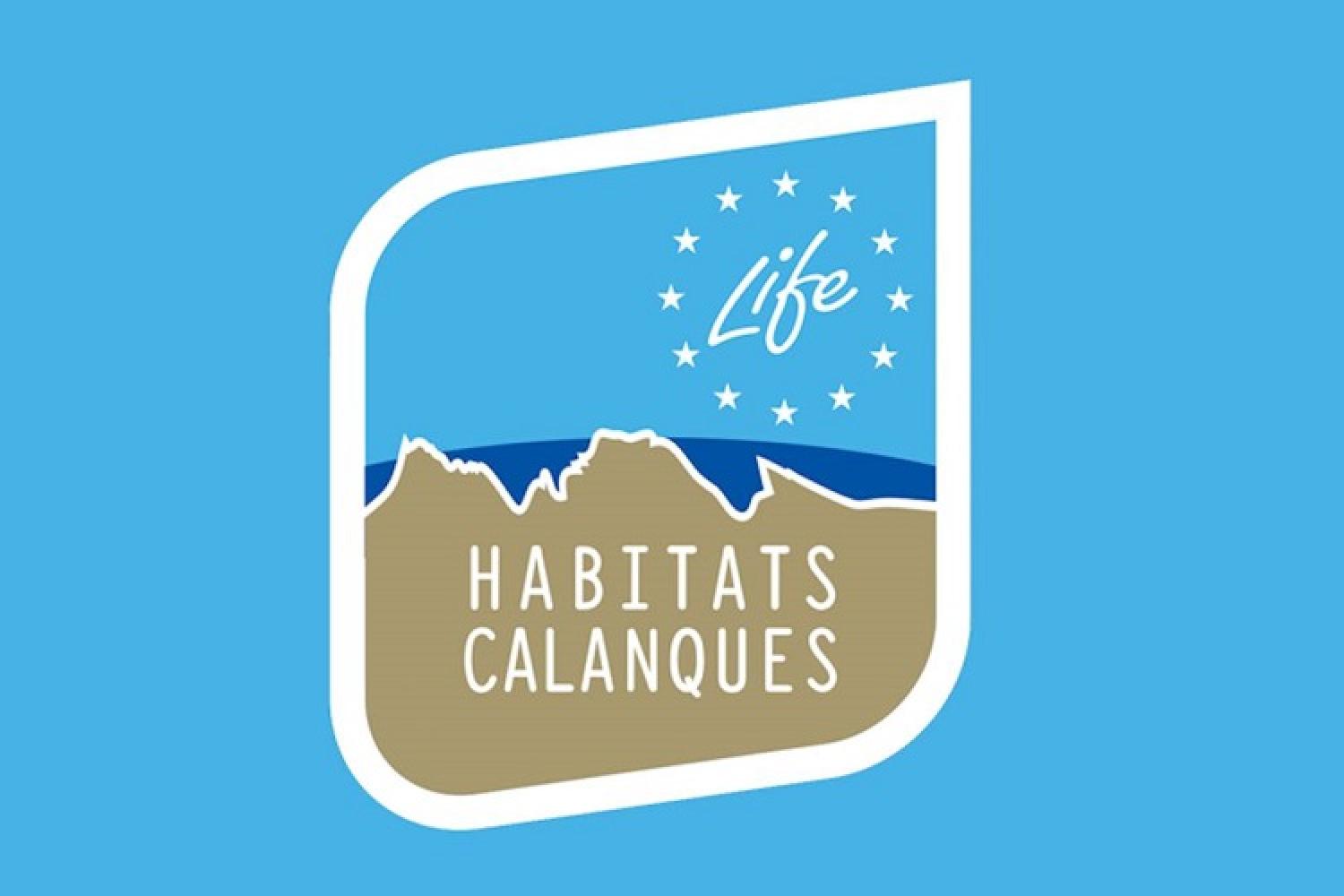
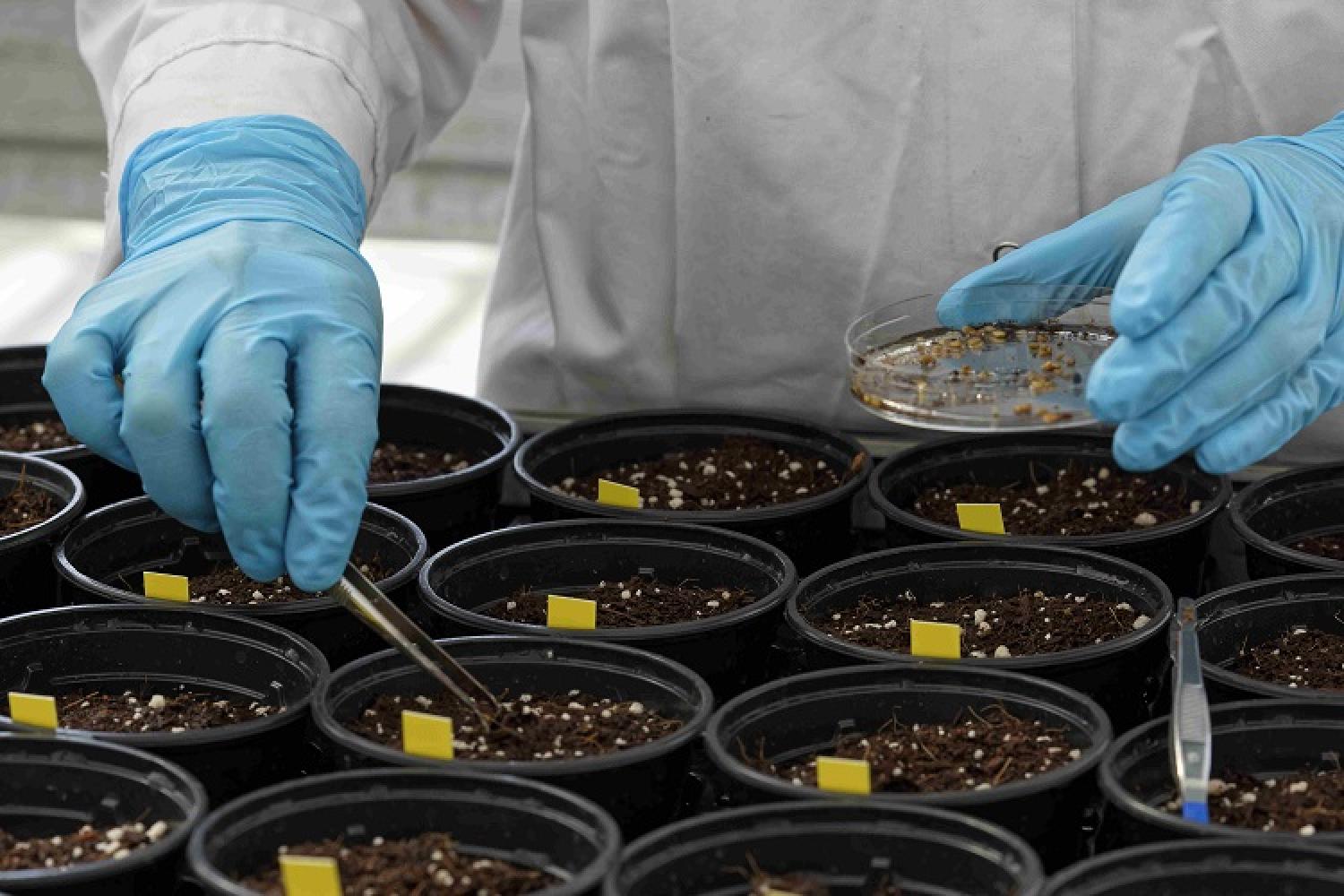
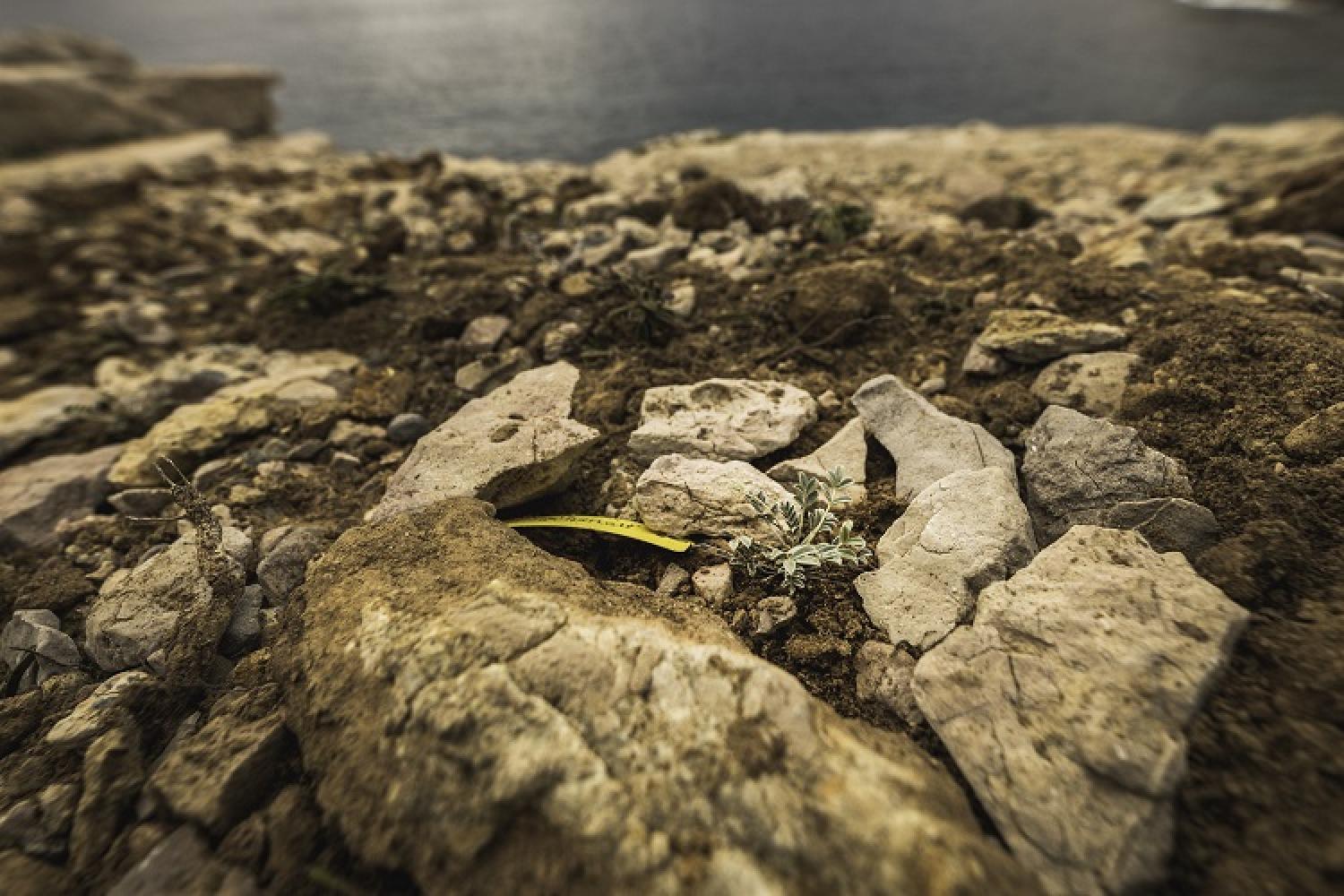
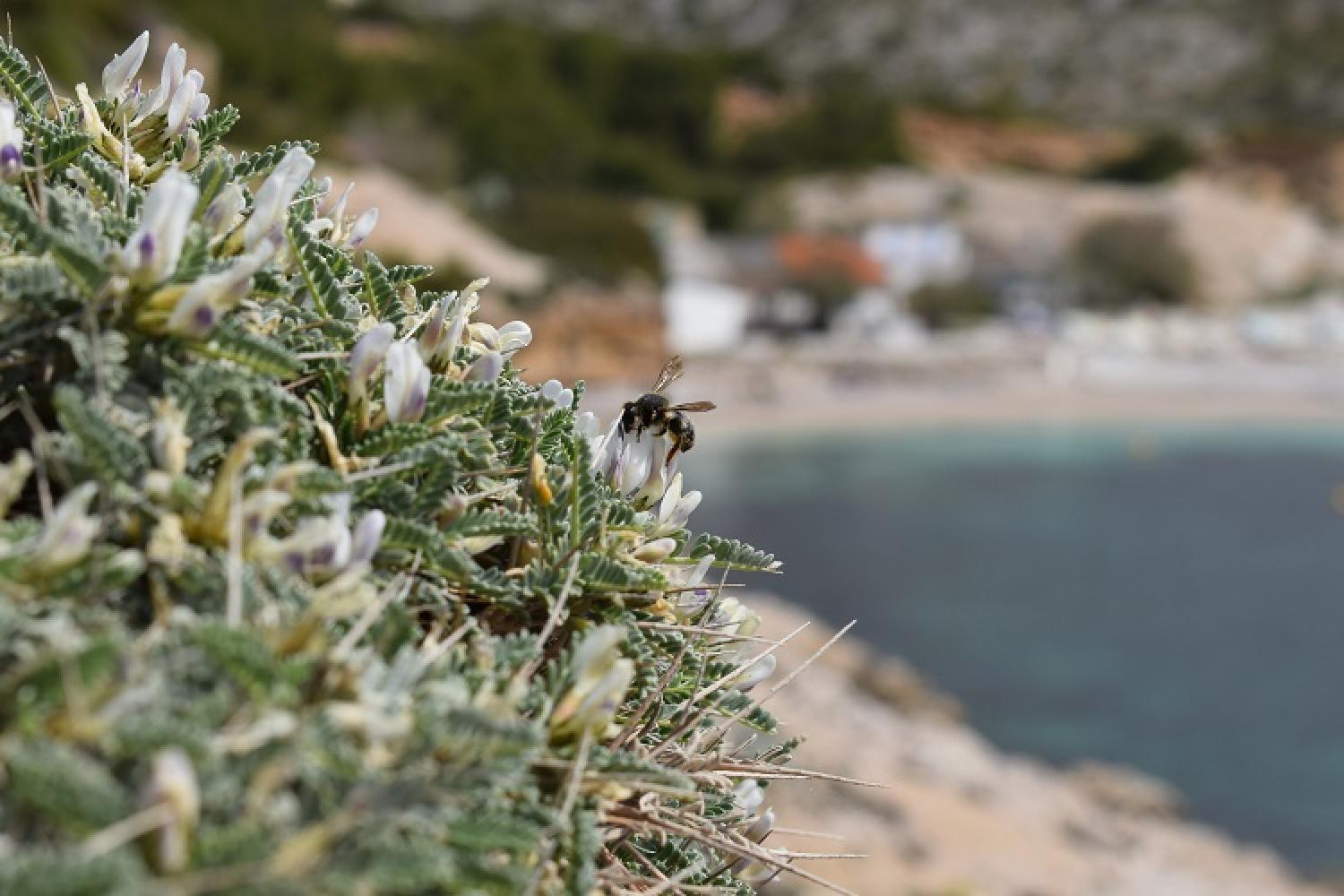
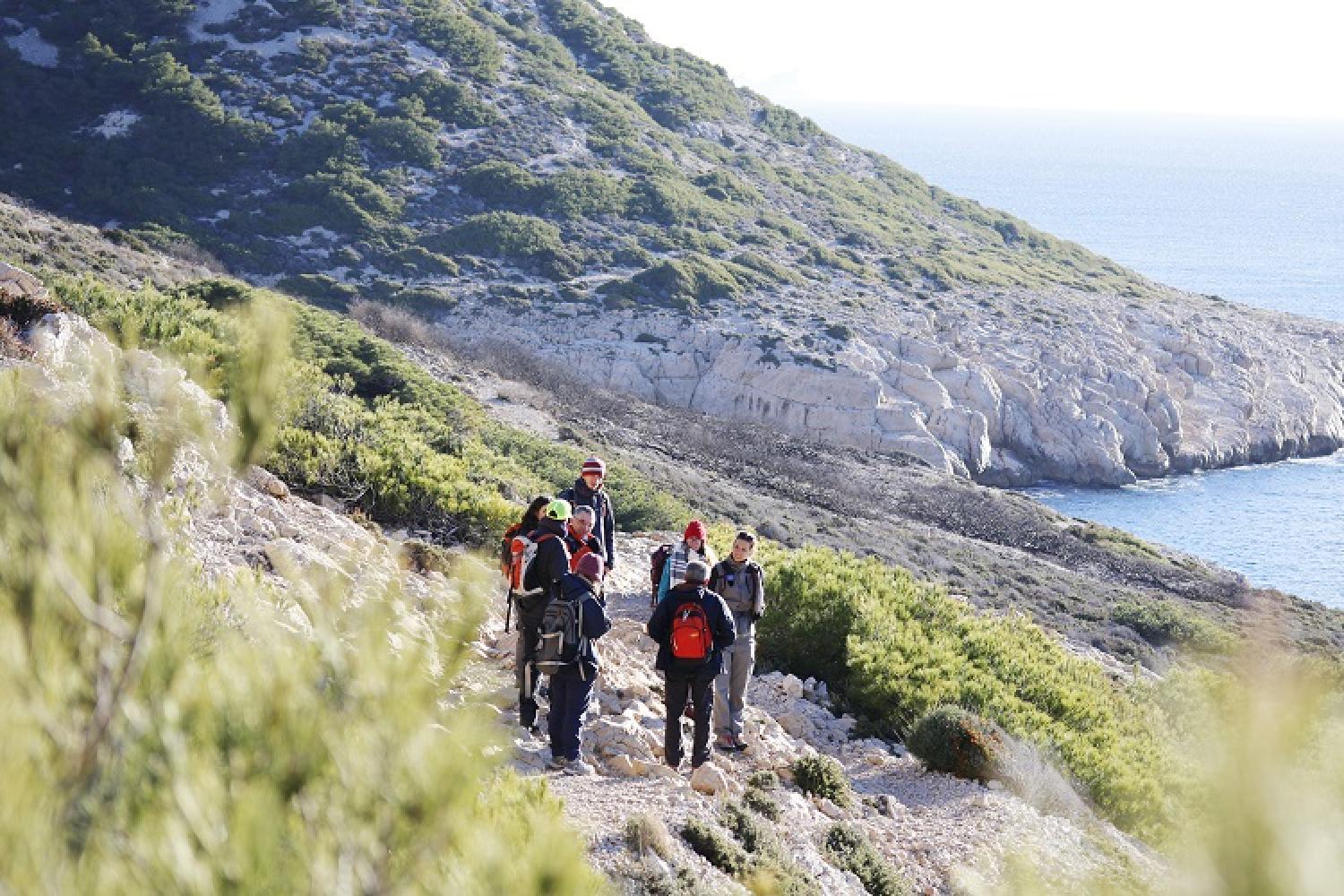
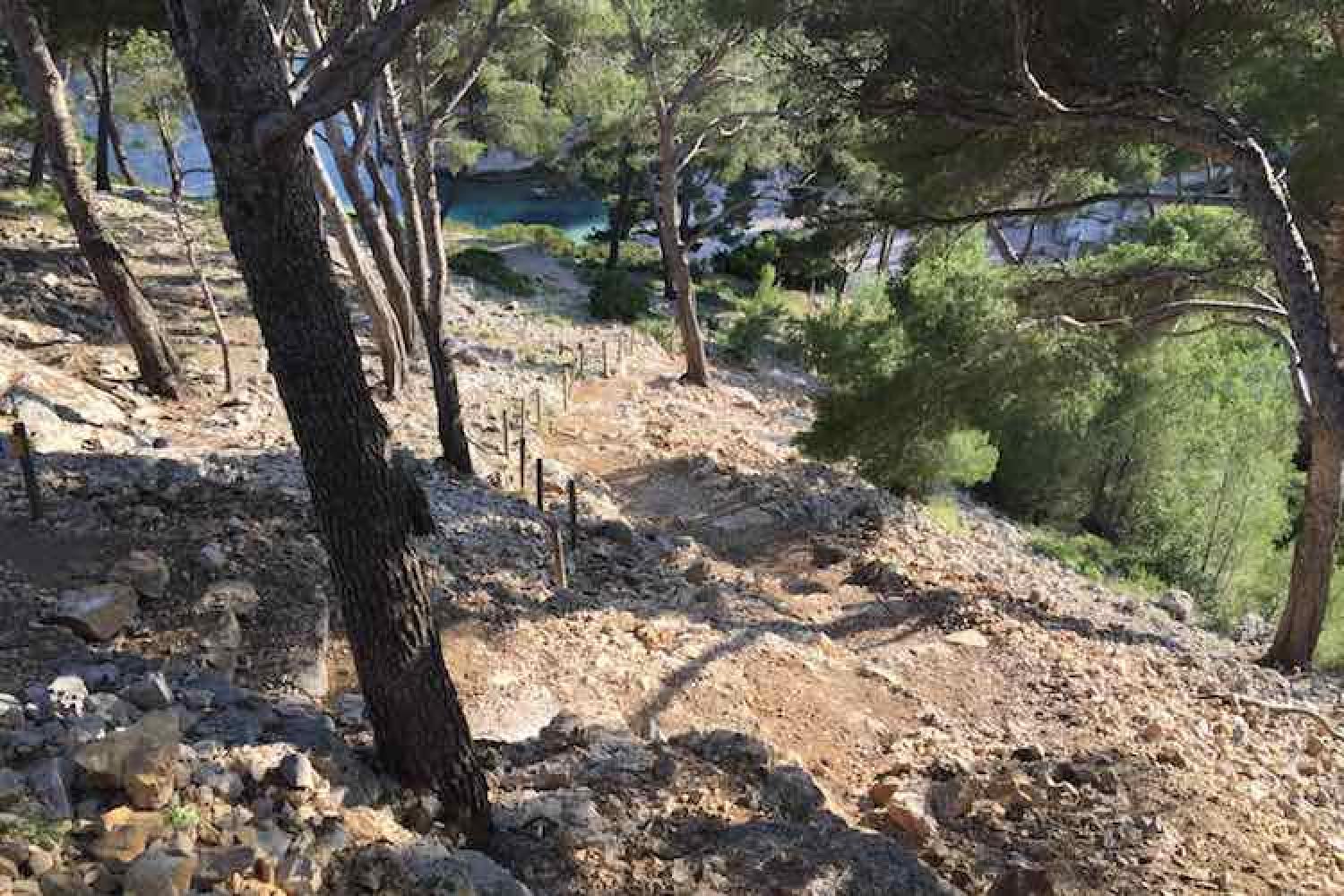
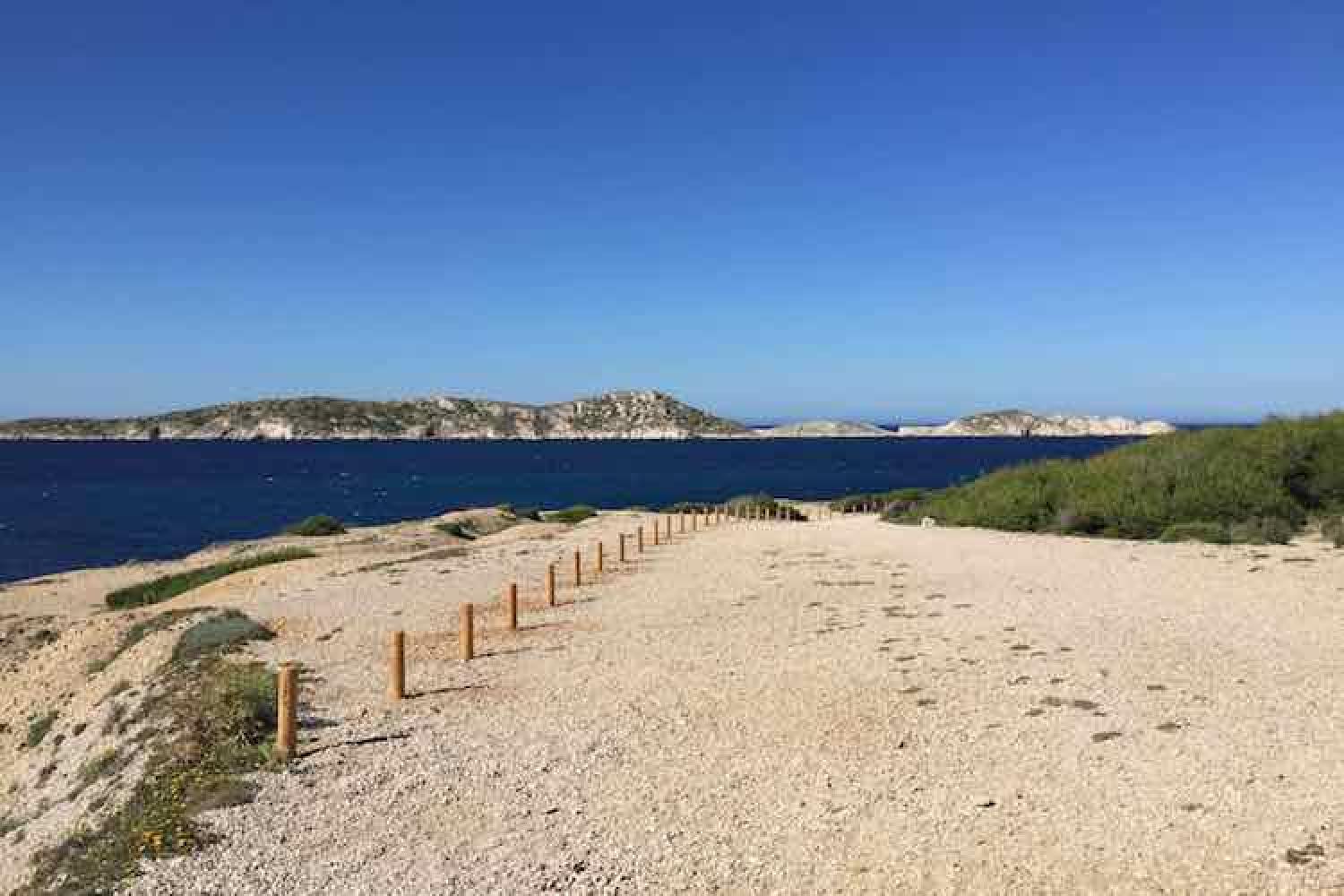
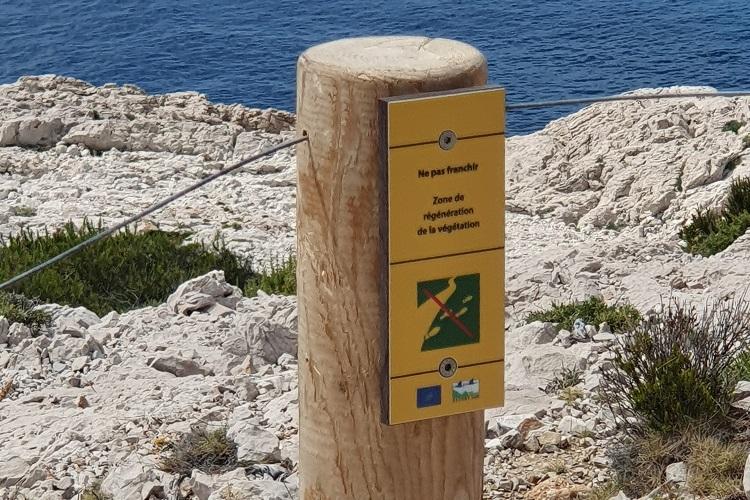
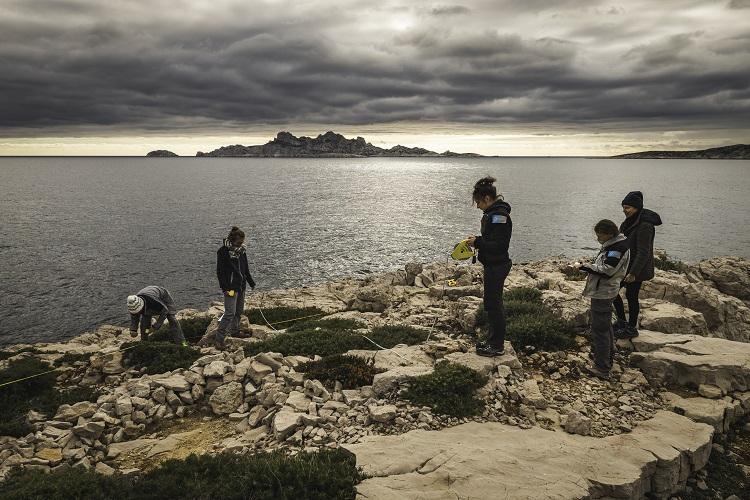
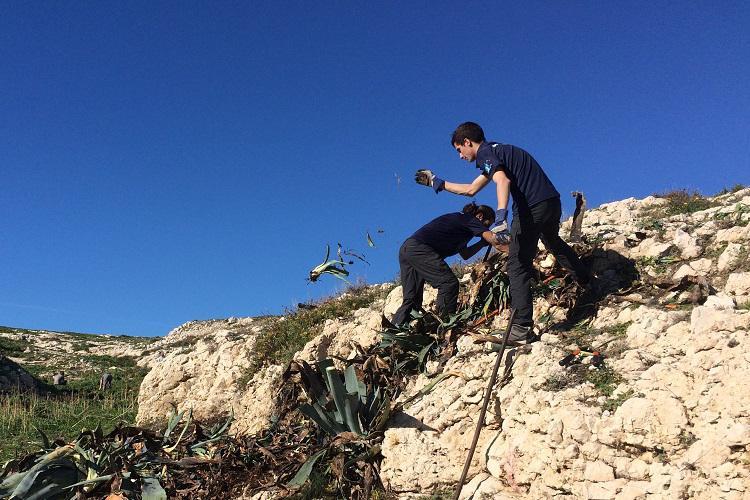
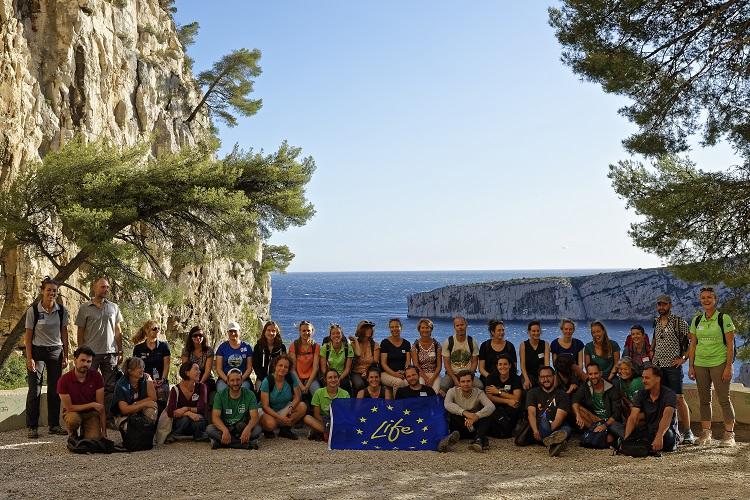
 Video
Video Links
Links